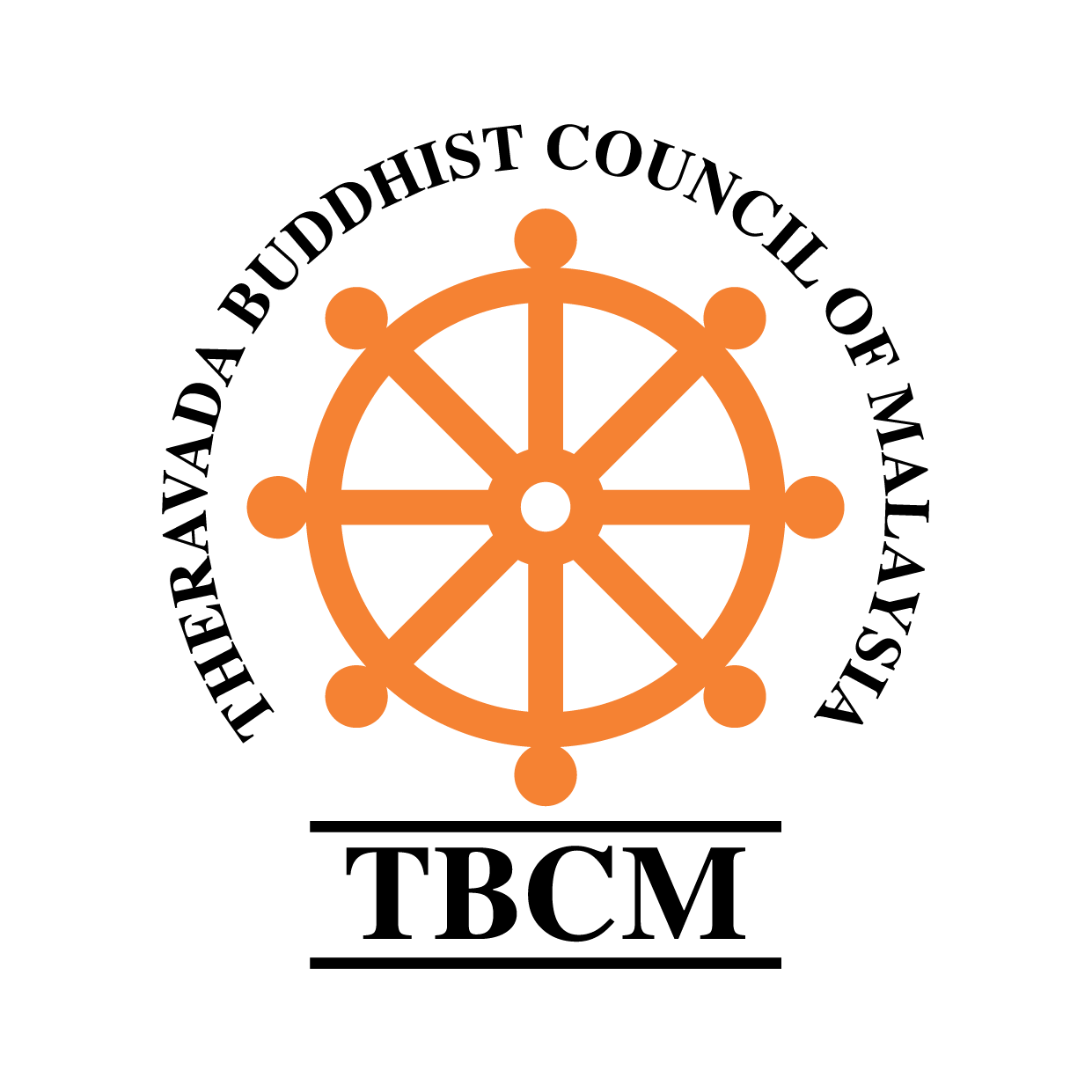Resources
The Middle-length Discourses
The Majjhima Nikāya, or "Middle-length Discourses" of the Buddha, is the second of the five nikāyas (collections) of the Sutta Pitaka.
This nikāya consists of 152 discourses by the Buddha and his chief disciples, which together constitute a comprehensive body of teaching concerning all aspects of the Buddha's teachings.
The Digha Nikaya, or "Collection of Long Discourses" (Pali digha = "long") is the first division of the Sutta Pitaka, and consists of thirty-four suttas, grouped into three vaggas, or divisions:
Silakkhandha-vagga — The Division Concerning Morality (13 suttas)
Maha-vagga — The Large Division (10 suttas)
Patika-vagga — The Patika Division (11 suttas)
The Basket of Suttas
The Sutta Piṭaka, the second division of the Tipiṭaka, consists of more than 10,000 suttas (discourses) delivered by the Buddha and his close disciples during and shortly after the Buddha's forty-five-year teaching career, as well as many additional verses by other members of the Sangha. More than one thousand sutta translations are available on this website.
The Basket of the Discipline
The Vinaya Pitaka, the first division of the Tipitaka, is the textual framework upon which the monastic community (Sangha) is built. It includes not only the rules governing the life of every Theravada bhikkhu (monk) and bhikkhuni (nun), but also a host of procedures and conventions of etiquette that support harmonious relations, both among the monastics themselves, and between the monastics and their lay supporters, upon whom they depend for all their material needs.
The Vassa, a three-month rains retreat, was instituted by the Buddha himself and was made obligatory for all fully ordained bhikkhus; the details are laid down in the Mahavagga of the Vinaya Pitaka (3rd and 4th chapters). The retreat extends over a period corresponding to the North Indian rainy season, from the day following the full moon of July until the full-moon day of October; those who cannot enter the regular Vassa are permitted to observe the retreat for three months beginning with the day following the August full moon. From the time Buddhism was introduced to Sri Lanka by the Arahant Mahinda, the observance of Vassa -- Vas in Sinhala -- has been one of the mainstays of monastic life on the island. During the Vas the monks are expected to dwell permanently in their temples and suspend all travelling. If unavoidable circumstances necessitate travelling, they are allowed to leave their residences on the promise that they will return within a week (sattahakaraniya). On the first day of the retreat, the monks have to formally declare that they will dwell in that manner in the selected monastery or dwelling.
'Calm is his thought,
calm his speech, and
calm his deed,
who, truly knowing,
is wholly freed,
perfectly tranquil and wise.'
- Dhammapada Verse 96
'Should a person do good,
let him do it again and again.
Let him find pleasure therein,
for blissful is the accumulation of good.'
'Puññaṃ ce puriso
kayirā kayirāthetaṃ punappunaṃ
Tamhi chandaṃ kayirātha
sukho puññassa uccayo.'
- Dhammapada Verse 118
There have been misconceptions by certain quarters that Buddhas were (and will be) 'sent by' or that a Buddha's Enlightenment was 'given' by Brahma (God) (as taught in some popular philosophies). This error in understanding the Dhamma-Vinaya is often the result of 'wanting to see a deity behind everything' resulting in 'cherry-picking' (while ignoring the large body of teachings that provide the complete understanding of the subject), 'seeing things where there is nothing there' and 'blind to things which are in front of them' (quoted in their writings).
The following is a sampling from the Tipitaka and sharings from respected members of the Bhikkhu Saṅgha on the Buddha's Enlightenment & Brahma (God).






























Theravada (pronounced — more or less — "terra-VAH-dah"), the "Doctrine of the Elders," is the school of Buddhism that draws its scriptural inspiration from the Tipitaka, or Pali canon, which scholars generally agree contains the earliest surviving record of the Buddha's teachings. For many centuries, Theravada has been the predominant religion of continental Southeast Asia (Thailand, Myanmar/Burma, Cambodia, and Laos) and Sri Lanka. Today Theravada Buddhists number well over 100 million worldwide. In recent decades Theravada has begun to take root in the West.